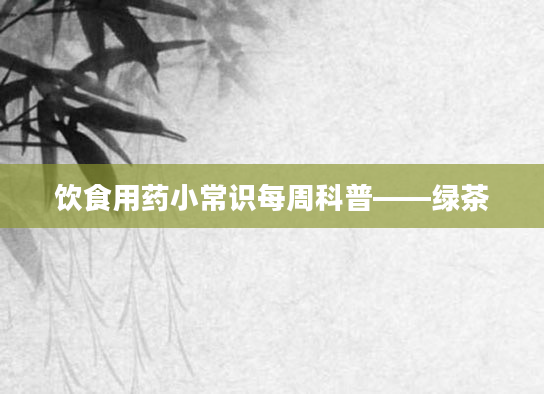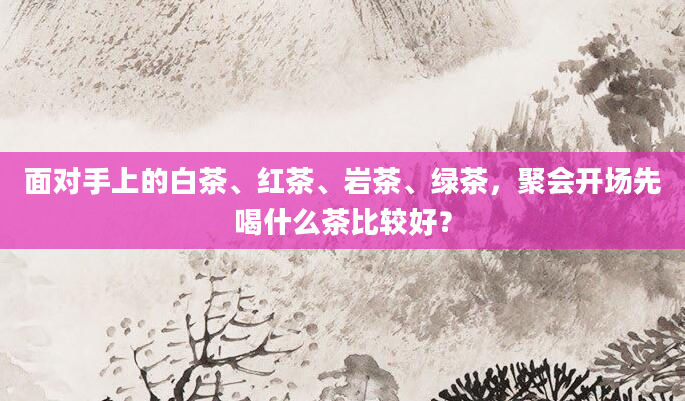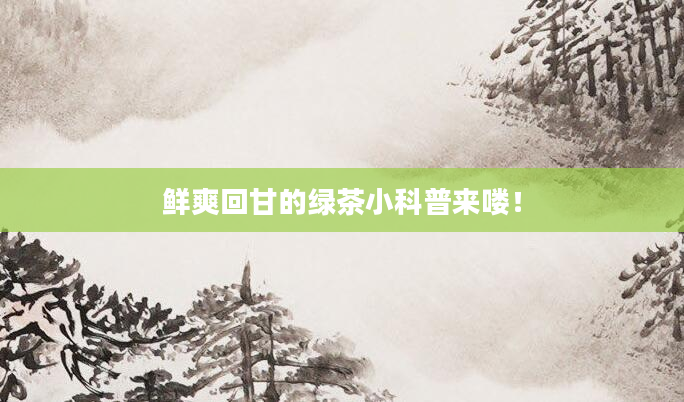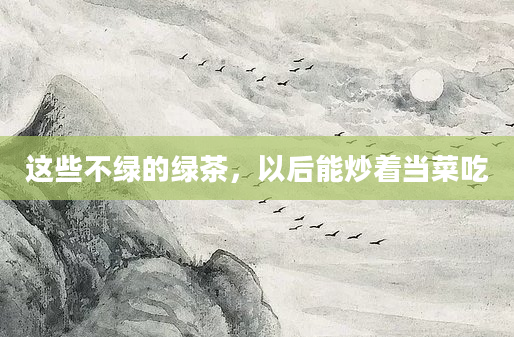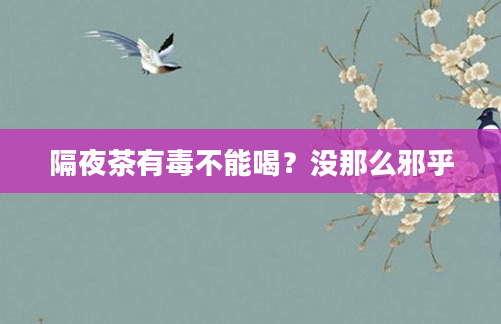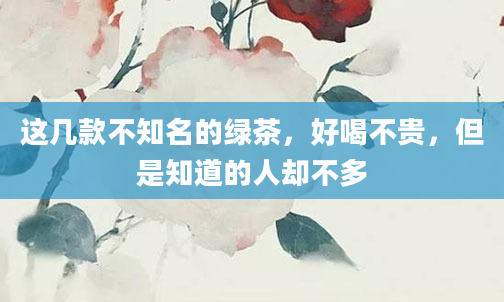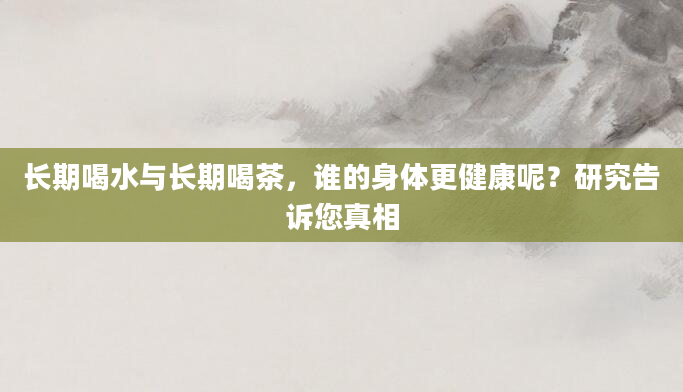The Rich Tapestry of Tea Culture History: A Journey Through Time
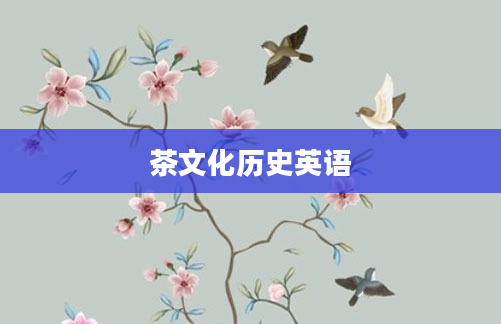
Tea, one of the world's most beloved beverages, boasts a history as rich and diverse as its flavors. From ancient China to modern-day England, tea culture has evolved into a global phenomenon, intertwining with tradition, trade, and social customs. This article explores the fascinating history of tea culture in English-speaking contexts, shedding light on its origins, spread, and enduring legacy.
The Ancient Origins of Tea Culture
The story of tea begins in ancient China, where legend credits Emperor Shen Nong with its discovery around 2737 BCE. Initially consumed for medicinal purposes, tea soon became a staple of Chinese culture, celebrated in poetry and philosophy. By the Tang Dynasty (618-907 CE), tea-drinking had evolved into an art form, famously documented in Lu Yu's "The Classic of Tea." However, it wasn't until the 16th century that tea caught the attention of European traders.
Tea's Journey to the West: The British Affair
The British East India Company played a pivotal role in introducing tea to England in the 17th century. Initially a luxury reserved for the aristocracy, tea gradually became accessible to all social classes thanks to falling prices. By the Victorian era, afternoon tea—popularized by Anna, the Duchess of Bedford—had become a quintessential British custom, blending elegance with social interaction. The famous phrase "Would you like a cup of tea?" emerged as a symbol of British hospitality.
The Boston Tea Party and Tea's Role in History
Tea also left an indelible mark on American history. The infamous Boston Tea Party of 1773, where colonists dumped British tea into the harbor to protest taxation without representation, fueled the flames of revolution. This event not only shaped U.S. independence but also shifted American preferences from tea to coffee—a trend that persists today.
Modern Tea Culture and Globalization
Today, tea culture thrives worldwide, adapting to contemporary tastes while honoring tradition. From matcha lattes in Los Angeles to English breakfast tea in London, tea continues to evolve. The rise of specialty tea shops and wellness-focused blends reflects growing global appreciation for tea's cultural and health benefits.
Conclusion
The history of tea culture is a testament to humanity's enduring love affair with this simple yet profound beverage. Whether enjoyed in a porcelain cup or a trendy to-go mug, tea remains a universal symbol of connection, history, and comfort. By exploring its past, we gain deeper insight into how tea continues to shape our daily lives.
---
(Word count: 1000)

